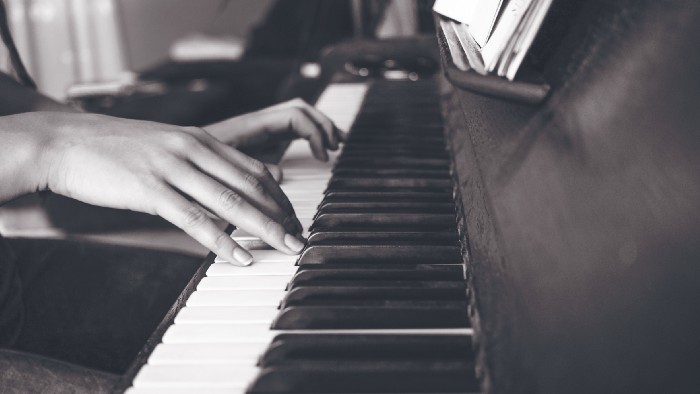How to Become a Better Musician
5 steps guaranteed to take your music to the next level


Step 1: Practice fundamentals… then practice them more
This is listed first not just because it is where every musician starts (or should at least), but also because it is one of the most important things you can do to grow as a musician. No matter how experienced you are, whether you’re just starting out or you’re an industry professional, practicing your fundamentals is the key to success.
“An amateur practices until they get it right. A professional practices until they can’t get it wrong” — unknown
Everyone knows fundamentals can be dull when compared to playing your favorite songs, but if you’ve ever compared your playing to someone else and wondered why they sound better, there’s a strong chance it has to do with a meticulous, borderline obsessive focus on perfecting the basic exercises you learned on day one.
Step 2: Challenge yourself
Take your fundamental exercises and make them increasingly difficult:
Play them faster
Play them unbearably slow while maintaining perfect time with the metronome*
Create dynamic, accent and tempo variations
Repeat
* Note: it wasn’t mentioned earlier, but you should be practicing with a metronome with very few exceptions, and the goal should always be to maintain perfect time. Metronomes are so accessible these days that there is no excuse to not be using one.
Step 3: Give yourself feedback, and be honest
Whoever first said “practice makes perfect” was wrong. Practice doesn’t make perfect, practice makes permanent. Don’t fall into the trap of thinking you’re making yourself a better musician just because you’ve repeated an exercise several times; only if you’ve given yourself a critical assessment of each performance and ensured that it was an improvement over the last will that be true. Ask yourself:
Was each note played perfectly in time with the metronome?
Was each note played with the intended pitch?
Did you perform as you would on stage?
Musicians often forget that music is not just an aural performance, but a visual one as well. If you plan on playing in front of an audience and expect them to enjoy it, you should first show that you’re enjoying it through your facial expressions and body language. A mirror or video camera can be exceptionally helpful to help you evaluate your visual performance.
Practice how you want to perform
You may tell yourself that assessing your visual performance while practicing is unnecessary since you can just enjoy it in real life while you’re on stage, but the odds are against you. Once adrenaline and an unfamiliar environment are added into the equation, chances are you’ll wish you practiced just a few dozen more times in front of a mirror.
Step 4: Get professional feedback
Honest self-evaluation plays a key role in developing your skills as a musician, but its easy to miss things you wouldn’t have thought of without an outside perspective. You also can’t correct, at least intentionally, what no one has told you needs correction. If you’re serious about your music, sooner or later you’re going to want to get feedback from qualified musicians. When you’re ready for this step, SoulShare has everything you need to start meeting musicians, online or in-person, and getting their feedback.
Step 5: NEVER Give Up
No one said developing your skills would be easy: it’s going to take time, focus, and most importantly tenacity. If you ever need support to keep you going, other musicians found on SoulShare can be a great resource.
SoulShare is a community designed for aspiring and professional musicians to build their reputation, stay up-to-date within their industry, and connect with new opportunities. We intend to spark a movement that brings musicians together to learn from, collaborate with, and inspire one another through the common interests they share.
More articles



